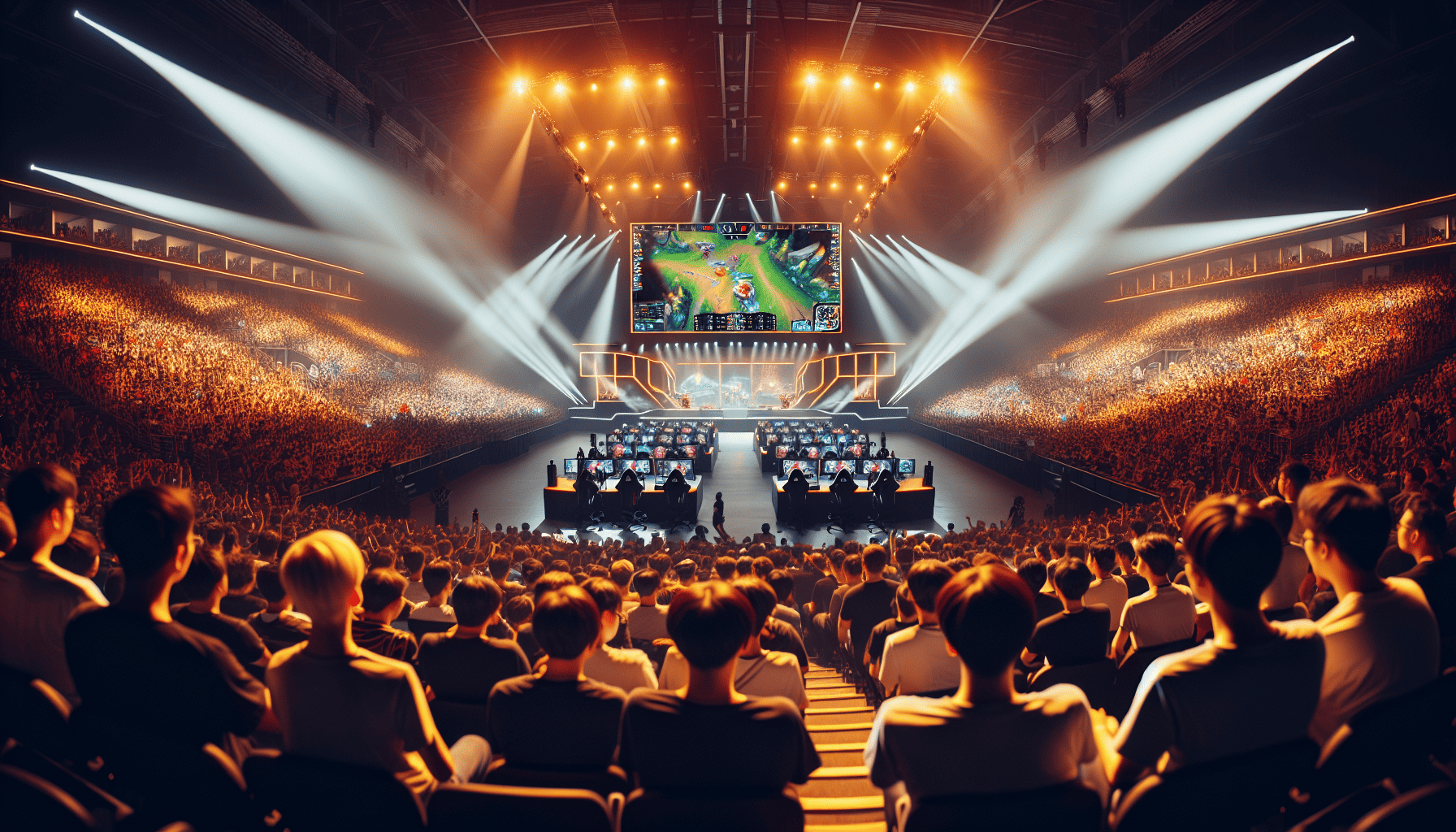E-Sports, short for electronic sports, has transcended its niche origins to become a global phenomenon. Today, it stands as a testament to how far digital entertainment has come, captivating millions of fans worldwide and establishing itself as a cornerstone of modern popular culture.
The meteoric rise of E-Sports traces back to the early days of video gaming. What began as small gatherings in arcades and living rooms has evolved into grand tournaments held in massive arenas, complete with throngs of passionate fans, flashing lights, and roaring applause. Games like "League of Legends," "Dota 2," "Counter-Strike: Global Offensive," and "Fortnite" have become household names, with players competing for multi-million dollar prize pools.
A key factor in E-Sports' growth has been the advent and accessibility of live-streaming platforms such as Twitch and YouTube Gaming. These platforms have democratized viewership, allowing fans from all corners of the globe to watch their favorite teams and players in action. It's not just about the games themselves; it's about the community, the shared experiences, and the narratives that unfold over the course of championships.
E-Sports' popularity has attracted a diverse array of participants and spectators. Once predominantly male-dominated, the industry is witnessing a shift as more female gamers and professionals break barriers and make significant impacts. This increased diversity enriches the E-Sports landscape, bringing fresh perspectives and ideas to the table.
Moreover, E-Sports is also gaining recognition as a legitimate career path. Professional gamers are treated with the same reverence as traditional athletes, benefiting from structured contracts, sponsorship deals, and even health and fitness regimes tailored to optimize performance. Educational institutions are also recognizing the value of E-Sports, offering scholarships and courses geared towards video game careers, ranging from game design to digital marketing.
Looking ahead, the future of E-Sports appears promising. With advancements in virtual reality and augmented reality, the way audiences interact with games could change dramatically, offering more immersive and engaging experiences. Furthermore, E-Sports will likely continue to integrate with other entertainment segments, fostering partnerships with music, fashion, and more, further embedding itself in the mainstream consciousness.
The global reach of E-Sports offers unique opportunities for cultural exchange and understanding. International tournaments bring together diverse fan bases, encouraging camaraderie and shared passion across different cultures and languages. As the industry evolves, it stands poised to not only entertain but also unite individuals, transcending traditional boundaries through the power of gaming.
In summary, E-Sports is no longer just a pastime but a transformative force in the entertainment industry. Its growth is a testament to the changing ways people engage with digital media, underscoring the limitless potential of competitive gaming. As this digital specter continues to grow and captivate new audiences, its influence is set to define entertainment in the years to come—solidifying its status as a pillar of contemporary sports culture.
